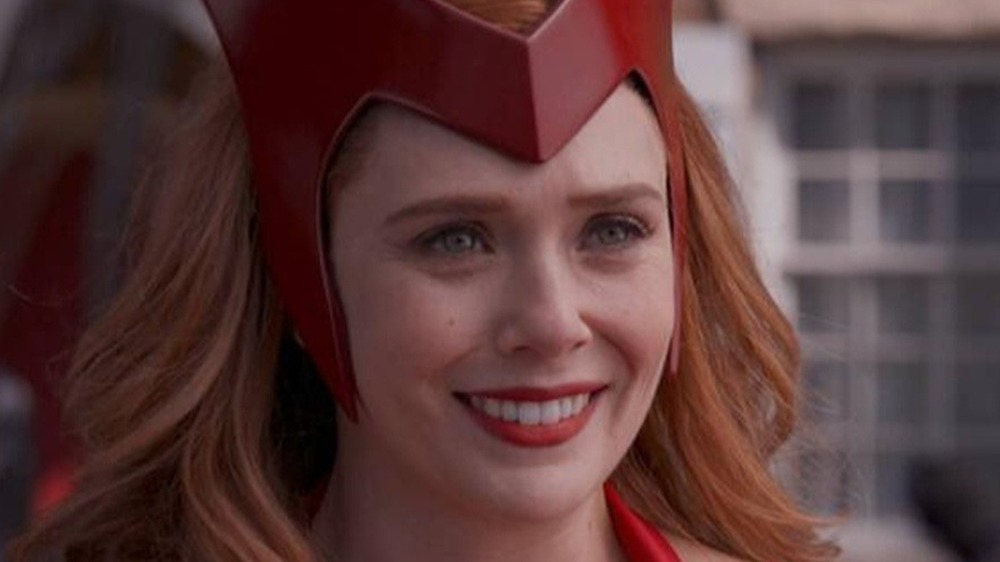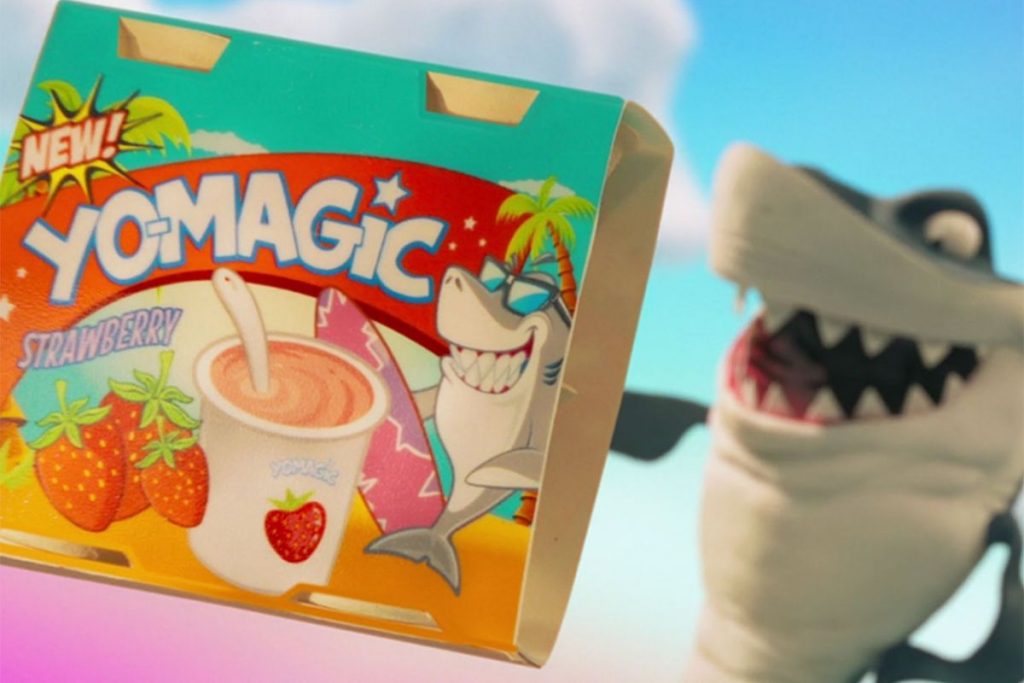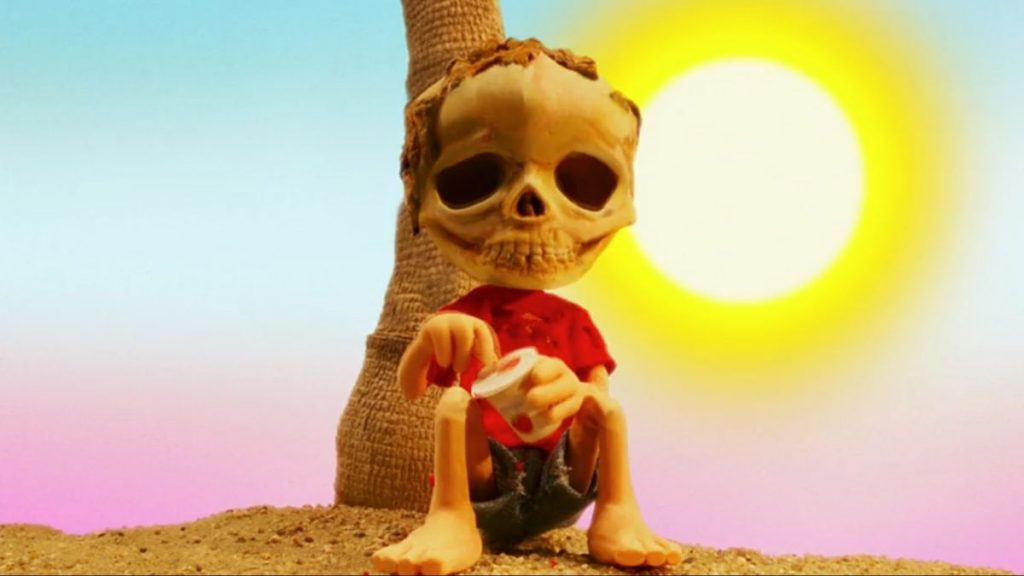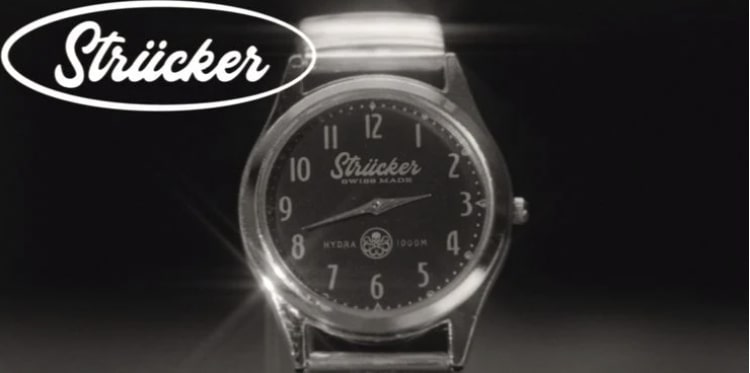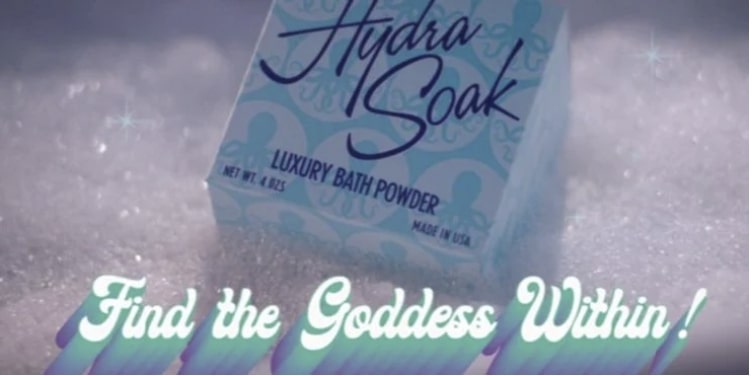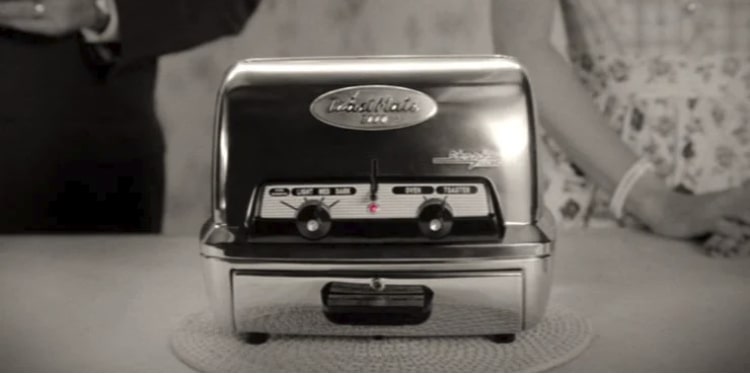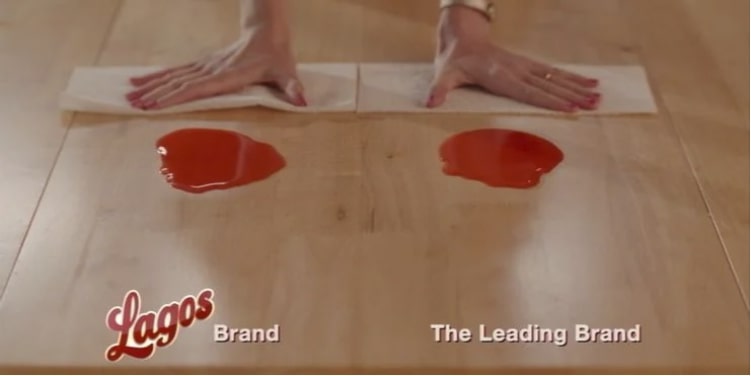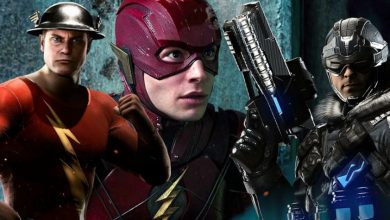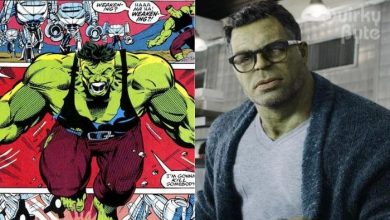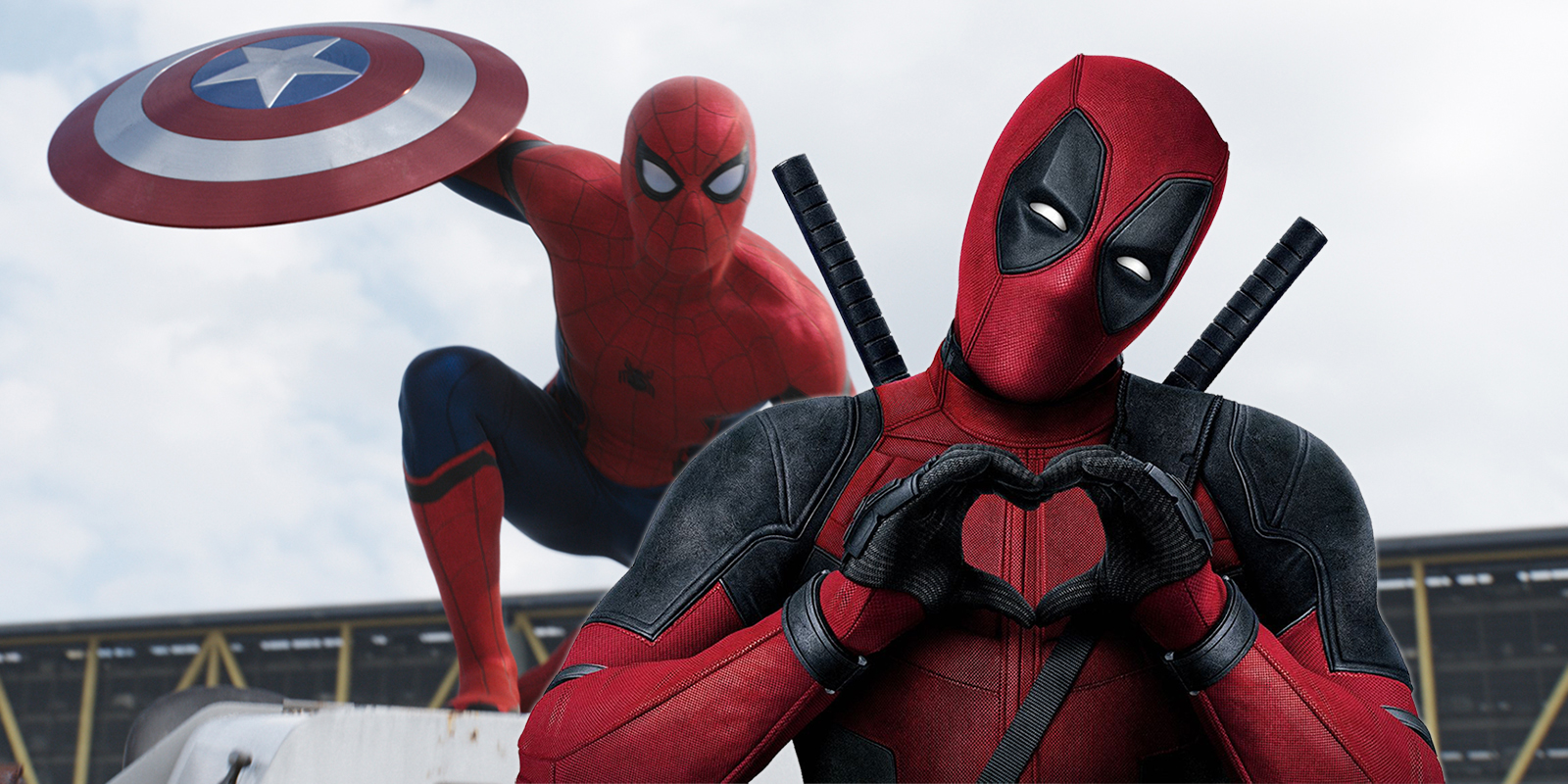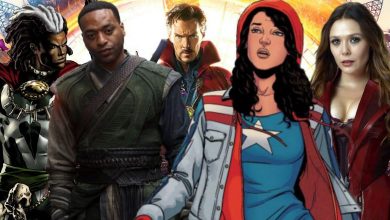WandaVision Theory Explained: Commercials Are The Infinity Stones
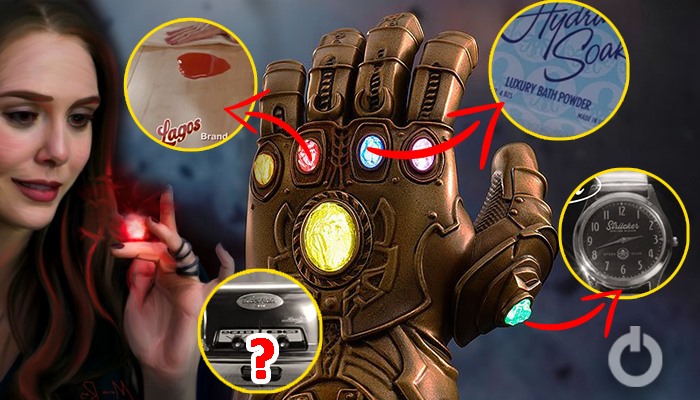
WandaVision Theory: Commercials Are The Infinity Stones
WandaVision, being heavily inspired by sitcom culture, features commercials too. But these are not random commercials. These in-show commercials are heavily connected to the show and the characters as well. One such commercial was in episode 6 as well. Episode 6 recently featured the show’s creepiest commercial yet, in which a child starves to death while trying and failing to open a pot of “Yo-Magic” yogurt. While previous commercials have been straightforward references to suppressed trauma from Wand’s past, the Yo-Magic commercial also seems to include some hints about her present life in Westview – and what the future could hold.
There has been a recent theory that all the commercials that have been aired yet, within the show, are all representing the Infinity Stones. Since each WandaVision episode (except for episode 4) parodies American sitcoms across the decades from the ’50s to the late -90s, the fake commercials are also authentically modeled on advertising trends from the decade, with the commercial for ToastMate 2000 demonstrating the blatant sexism of ’50s ads and the Yo-Magic commercial imitating claymation adverts from the ’90s. While it’s still unclear who is responsible for entrapping Westview or who the real villain is, WandaVision heavily insinuates that Wanda created the corny sitcom reality (either intentionally or accidentally) to avoid processing her grief after Vision’s death. If this theory is true, the commercials may be Wanda’s subconscious memory of reality attempting to come to light.
WandaVision’s fake commercials, which air in between the broadcast of Westview’s sitcom starring Wanda Maximoff (Elizabeth Olsen) and Vision (Paul Bettany), may represent the Infinity Stones, according to a popular fan theory circulating on Reddit. The theory suggests that the MCU-related products and general theme of WandaVision’s fake commercials spread throughout the first five episodes each depict a different Infinity Stone.
It has been theorized that the commercials portray Wanda’s past trauma, it is also possible that the representations of the Infinity Stones within the commercials may also contribute to such a theory since the quest for the Infinity Stones is what ultimately led to Vision’s death. While there is a total of six Infinity Stones, only four are included within Infinity Stone theory.
Time Stone
Out of all of WandaVision’s fake commercials, the advertisement for the Hydra brand Strücker watches, which appears in episode 2 “Don’t Touch That Dial,” is possibly the most obvious Infinity Stone representation. Because the product itself is a wristwatch, the commercial makes an instant association with time, and by extension, the Time Stone. When the narrator states a Strücker watch is a man’s most important accessory, it also loosely draws a connection to Doctor Strange (Benedict Cumberbatch), who wears the Time Stone as a necklace.
Space Stone
In episode 3 “Now In Color,” the commercial for Hydra Soak bath powder represents the Space Stone. Hydra Soak’s blue cube-shaped box clearly resembles the Tesseract, the Space Stone’s containment vessel. After the Commercial Woman (Victoria Blade) is shown experiencing a bad day, the narrator of the commercial suggests she use Hydra Soak to “get away” and “escape to a world all your own,” which sounds similar to the Space Stone’s ability to create portals and travel the universe.
Mind Stone
In WandaVision’s premiere episode “Filmed Before A Live Studio Audience,” the fake commercial for the ToastMate 2000 appears to be a representation of Vision and his Mind Stone. The product has a connection to Vision through Marvel Comics since Wanda gave Vision the nickname “toaster” after he told a toaster joke in issue #7 of Tom King’s The Vision series. Apart from the fact that Vision and the ToastMate were both manufactured by Stark, the theory’s main evidence is the toaster’s face-like appearance, with nobs for eyes, a handle for a mouth, and the oval-shaped ToastMate label, resembling the Mind Stone, situated on the toaster’s “forehead.”
Reality Stone
While episode 4 doesn’t include an advertisement, episode 5 entitled “On A Very Special Episode…” contains a commercial for the paper towel brand Lagos. As Commercial Woman’s children eat breakfast, her daughter accidentally spills a glass of red juice on the table. Fans speculated that the Lagos commercial represents the Aether, a.k.a. the Reality Stone, because it’s the only Infinity Stone that has a red hue and liquid form, as seen in Thor: The Dark World.
Another recent theory suggested that the Shark in episode 6’s commercial is Quicksilver. As Daily Distraction host Chris Killian points out, there are a few connections between the shark and Quicksilver (Evan Peters) that may be more than just a little coincidental.
Guys, I hate to be the bearer of bad news but Evan Peters is definitely the shark #Wandavision
Now the real question – is he Mephisto or Nightmare? pic.twitter.com/R8JnyCyPzP
— Chris Killian (@chriskillian) February 13, 2021
What do you believe? Do you have any other theories? Let us know in the comments below!
